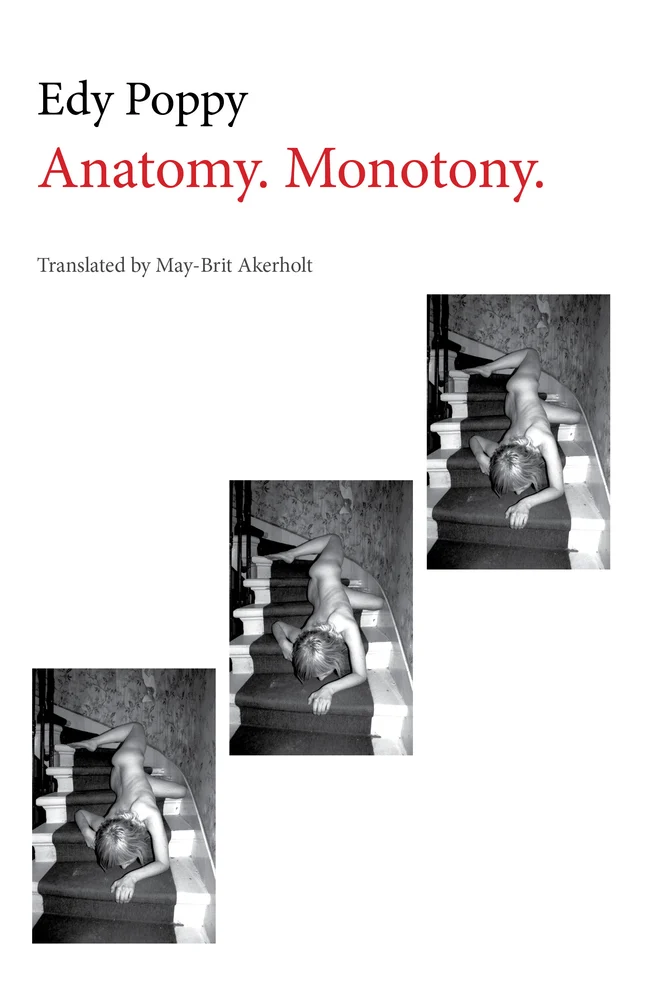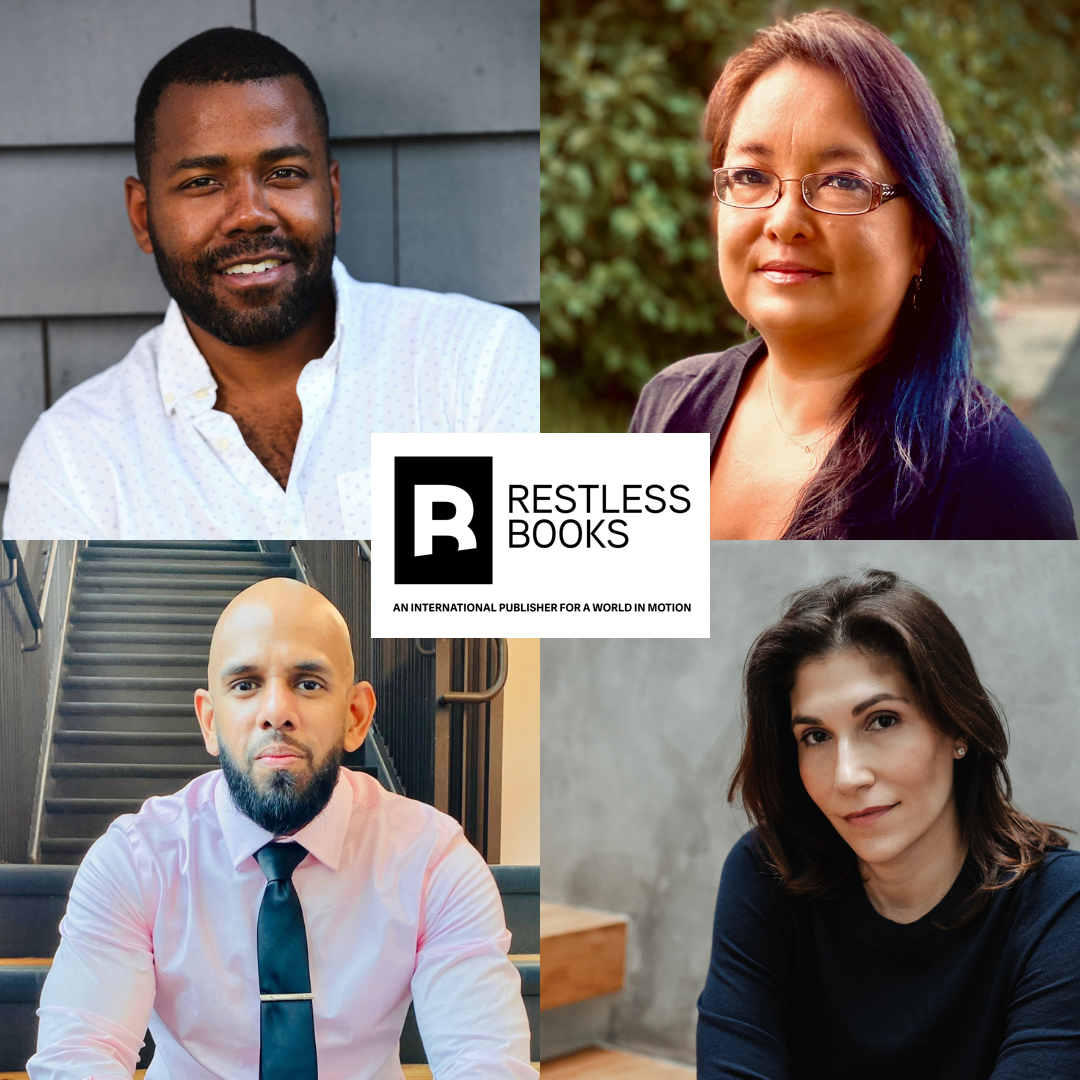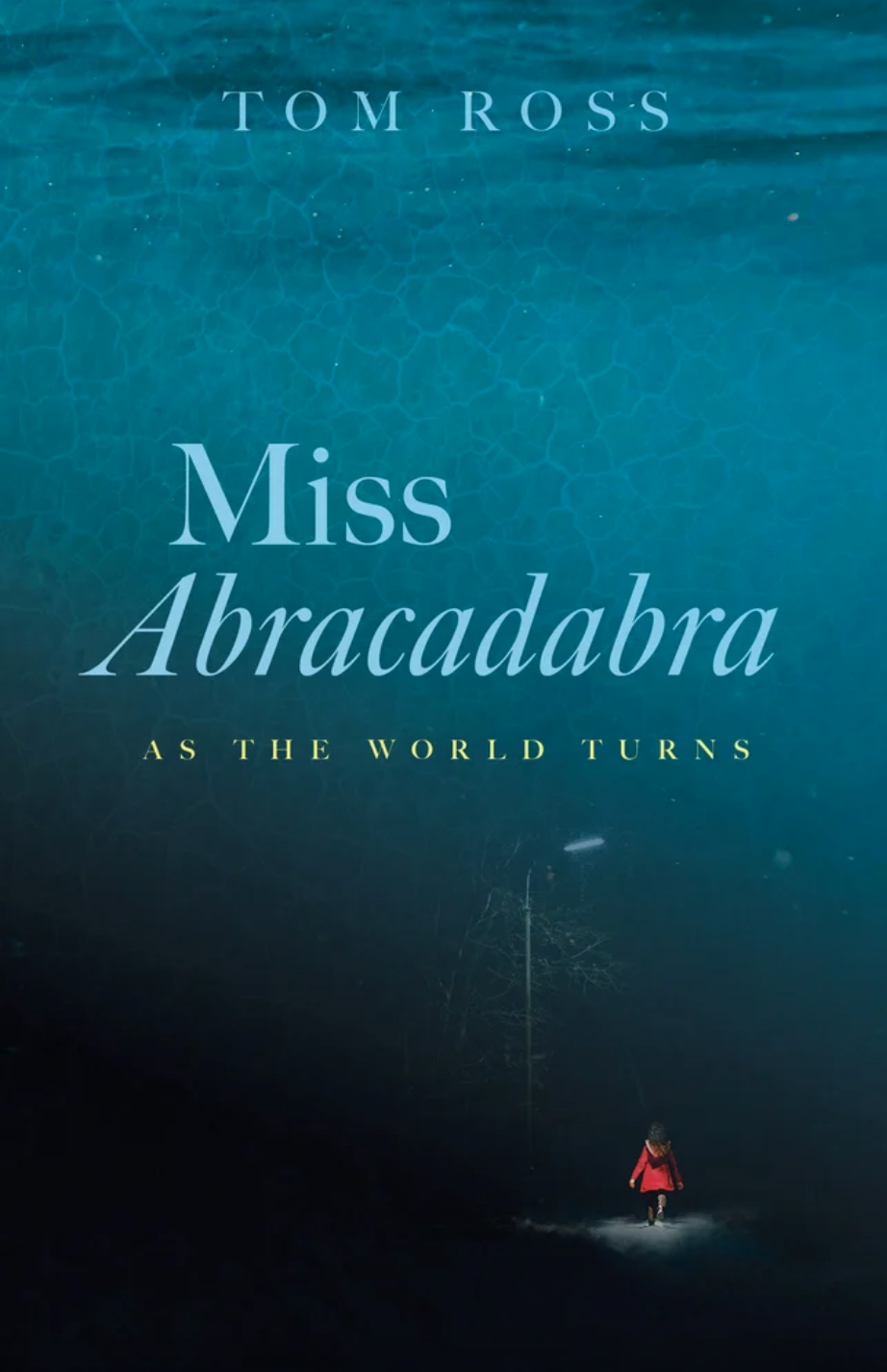Curated by: SARAH WHELAN
Already done reading our latest Issue? Prolong the fun with these weekend reading recommendations from our Issue 18 contributors.
Recommendations: The Weil Conjectures by Karen Olsson; Marjorie Morningstar by Herman Wouk; 7th Cousins: An Automythography by Erin Brubacher and Christine Brubaker; How To Do Nothing: Resisting the Attention Economy by Jenny Odell

The Weil Conjectures by Karen Olsson; recommended by Anna Badkhen (Fiction Contributor)
It has been years since I so rejoiced in a book of nonfiction: the beautiful, mesmerizing The Weil Conjectures by Karen Olsson is a luminous delight of tangents and forked paths. Nominally about Simone and André Weil, Olsson’s book is a prayerful exploration of what attunes the creative mind to beauty and sorrow of the world, and which obstacles we choose to draw before ourselves to understand more acutely the world’s workings.
This passage, as I begin work on my own next book, struck me especially; it begins with a quote from an essay by Simone Weil: “‘I must be tricky, cunning, I must hamper myself with obstacles that lead me to where I want to go.’…I think to myself, Yes, exactly—this is how a writer must be. All these years I’ve spent throwing obstacles down in front of myself, coming up with problems too twisted to solve.”

Marjorie Morningstar by Herman Wouk; recommended by Jessamyn Hope (Nonfiction Contributor)
This recommendation is two-part. Firstly, it’s for Marjorie Morningstar, which I found in a bookstore in a tiny Montanan town on the road trip featured in “Eclipsed.” Set in 1930s Manhattan, the novel follows a Jewish wannabe starlet who attempts a more bohemian life against the pressures to marry and settle in the suburbs. For 566 pages, this quiet story enthralled and deepened, until the last unsentimental chapter left me weeping.
With eyes barely dry, I did what we do now when we love something: googled. After consuming numerous reviews—ancient pans and recent reexaminations—I was left second-guessing my own communion with the book. Where I had found a heartbreaking examination of the allures and pitfalls of both traditional and bohemian lifestyles, especially in a world unfair to women, others read an unqualified defense of convention. Was this because—I learned only then—Wouk himself was an Orthodox Jew? But writers aren’t always mirroring themselves on the page: they might be imagining the road not taken, or dramatizing an internal conflict, or exploring a completely different existence. I regretted not lingering with the novel longer before inviting others into the conversation. Hence, the second part of this recommendation: whatever you’re reading, prolong the tête-a-tête between you and the book.

7th Cousins: An Automythography by Erin Brubacher and Christine Brubaker; recommended by Geoff Martin (Nonfiction Contributor)
I just finished reading the hybrid text, 7th Cousins: An Automythography, released this week by Book*hug Press. Through a series of photo essays, a performance script, “body mapping” choreographic gestures, and endnotes that function as the creative team’s talk-back, the book documents the 700km durational walk its author-artists, Erin Brubacher and Christine Brubaker, took from Pennsylvania to Ontario in 2015, following the migration route of their Mennonite ancestors into Canada.
No simple re-telling, the book aims to conjure new meanings—the magic—from the space of the live performance shows that followed the walk. It’s a fascinating attempt at embedding improvisation and mixed media storytelling techniques in book format. In the process, it challenges the traditional idea of what published nonfiction can look like.
The first half of 7th Cousins lays out the initial journey and their Mennonite-Your-Way couch-surfing encounters, but by the second half, tensions-established, the book shifts into a deeper, more moving meditation on political difference and the challenge of hospitality, the active work of “hosting and guesting,” as they say. What both artists end up tracing are the myth-making ties of community as well as the ethnic and land-based histories of relation and oppression that mark their trail. The book is, in many ways, a time capsule, while the performances on which it is based are “always accountable to its live present”—of both, they write, “it’s hard to say which is scarier.”
How To Do Nothing: Resisting the Attention Economy by Jenny Odell; recommended by Bernard Ferguson (Poetry Contributor)
I had to attend 3 funerals in one weekend in June. A terrible, thick and many layered grief unspooled and pressed its weight over my head, along my back this past summer and today it still refuses to relent. At the time, folks I love asked me how I was doing, and it felt automatic and easy to perhaps say “I’m okay” when I surely was not, but to do so would have been a lie. Truth is I didn’t have any language at all for what stirred inside me, the twist of it. And so when people would ask, I’d say “I don’t know,” because I didn’t.
I didn’t find an entry into a proper language for my grief until I wandered to a book store in Williamsburg and found a book that began to stare at me, and so I stared back. How To Do Nothing: Resisting the Attention Economy by Jenny Odell is, mostly, about the current and increasing need for us to investigate the particular roles that the always on attention economy has in our personal lives and well-being. It’s a call to listen to our surroundings, to fall back into ourselves as a means of remembering our bodies, as a means of remembering what we are and who we are; a means of re-centering ourselves exactly where our feet are planted. It’s a book about cultivating our incredible power of attention.
It’s been 5 months and I’m still making my way through the book, taking it slow and drawing out its effects on me. Odell is a scholly scholar and can write her ass off, but she is, above all—though she may not say this herself, though she definitely should—A Poet. Through her prose, she seems to advise me specifically. Look at the birds, B. Put down the phone, don’t respond to anything else for a while. Pay attention to how the house finches come to the branch outside your window. Notice how their songs are bright and eager in the morning, and how they seem to dwindle and grow softer as evening rolls in. It’s a kind of listening to myself that she’s asking me to do. And I’ve listened. And I‘ve learned: my grief is awful, and I’ll have to be okay with that for some time.





